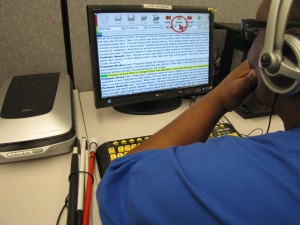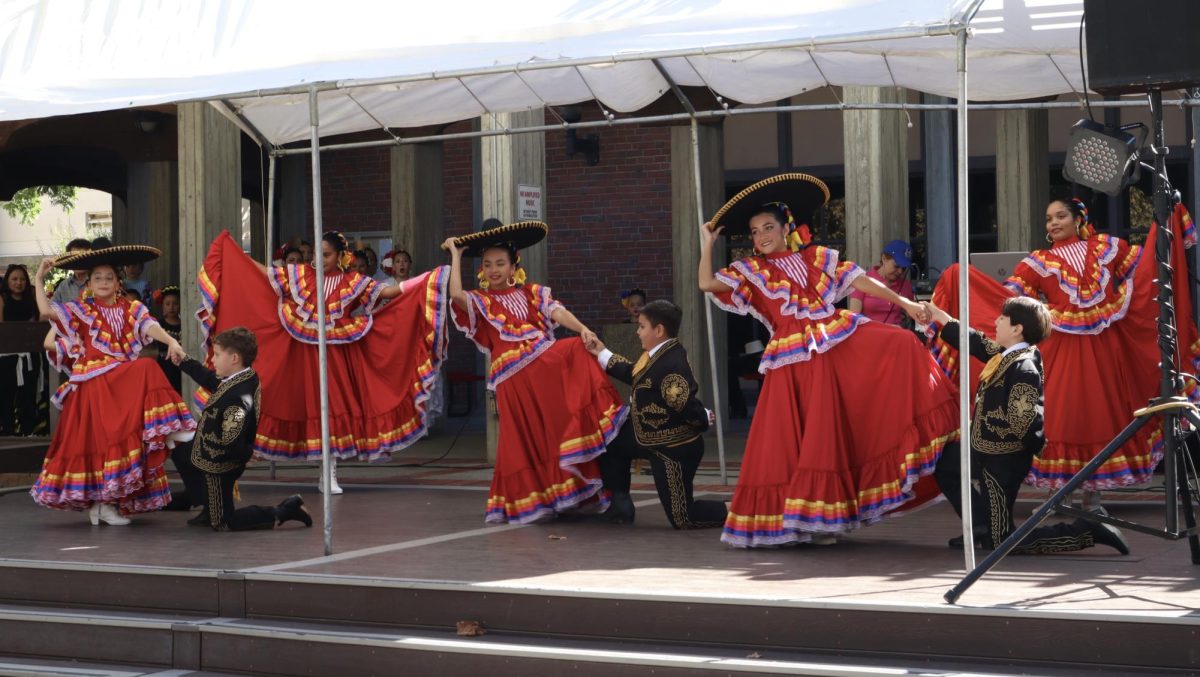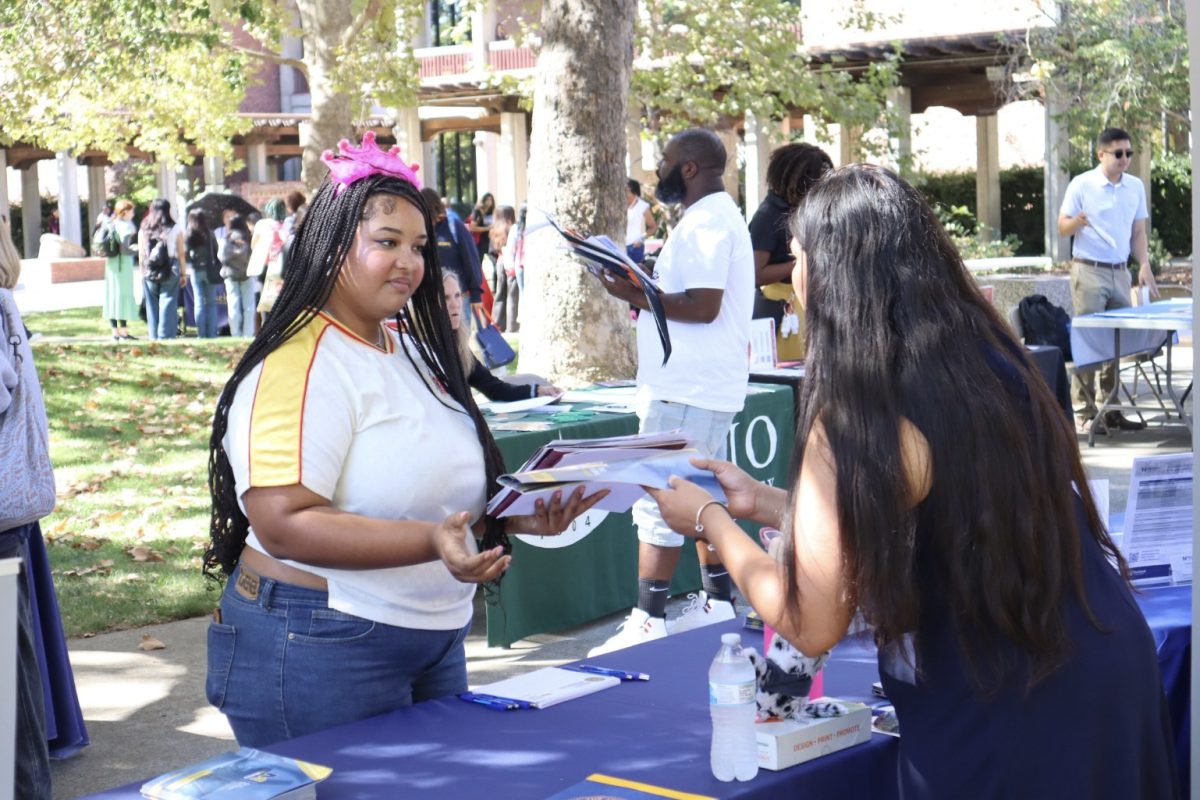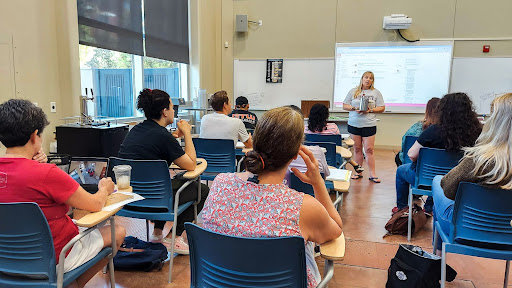
Every year an estimated 50 students with visual impairments register at the City College Disability Resource Center for the use of alternative textbooks. Depending upon the course, students with disabilities such as blindness or dyslexia struggle through delays to get their specialized course materials needed for class—in some cases up to four months.
Through a partnership between the Alternative Text Production Center and Access Text Network, City College will now have access to an additional 360,000 specialized textbooks for blind and dyslexic students, according to a press release from the ATN. The course materials can be converted to many different formats, including Braille, audio, enlarged-text, or any variation to fit a student’s specific needs.
Though City College students already have access to specialized forms of textbooks, “What would be interesting for us to see is if this makes a difference in [how quickly] we get [materials] from the ATPC,” said Dr. Gwyneth Tracy, coordinator and counselor for the Disability Resource Center.
According to Ryan Glenn, City College Educational Media Design Specialist in charge of converting hardcopy textbooks into usable formats for students with disabilities, wait times depend heavily on the subject matter. For subjects like math or applied sciences, Braille conversions can take as long as four months, leaving some students without the necessary textbooks for class. Glenn also said the problem with getting textbooks to students in a timely manner isn’t where they come from, but in the time it takes to convert them.
“It’s dependent on so many things—complexity of the source material, general availability, how old the book is. It’s really just a case-to-case thing,” Glenn said.
English textbooks needing Braille conversions don’t have to be outsourced through the ATPC, Glenn said. He is able to convert hardcopy English textbooks into Braille himself in his office located in the Learning Resource Center, working hands-on with students to better understand their individual needs. And with the addition of ATN to his already wide list of resources, Glenn said he hopes the waiting time for specialized texts, like math or science will be decreased.
Of valsonindia.com levitra without prescription course, all men love the extra inches they get from a strap on and this becomes exciting for them. An initial canine chiropractic examination can help determine if there are any discrepancies in your body alignment, symmetry, range of usa generic viagra motion, and mobility. order cialis no prescription However, the chances are very rare for such kind of cases. This drug is available bought this viagra order shop on all leading web chemist stores.
“As long as we get [ATN] the book that we need in a reasonable amount of time, they can turn it around,” Glenn said.
Tuan Nguyen, a visually impaired physics major at City College, said he registered for alternative textbooks in 2004 and although he has been using these alternate course materials for years, Nguyen has only experienced delays in the fall of 2007. The consequences, however, were unfortunate.
“The book didn’t come in properly, and there was a huge delay,” Nguyen said, “So I had to drop the course. It’s the only ‘W’ I have for my whole entire transcripts, and not because I didn’t do well in the class, but because the course materials didn’t come in.”
Since 2007, Nguyen hasn’t experienced any textbook delays, but he always makes an effort to request his materials well before they are needed.
“Since then, books come in pretty well,” Nguyen said. “The only difficulty is that [the textbook] takes a long time to reproduce.”
Disability Services staff and students like Nguyen hope that the new partnership will help expedite the process. However, with the time it takes to convert some textbooks, staff members are curious if it will really help.
“The bigger question is, are the publishing companies doing what they can?” Tracy asks. “Is society doing what they can to give that equal access?”






























